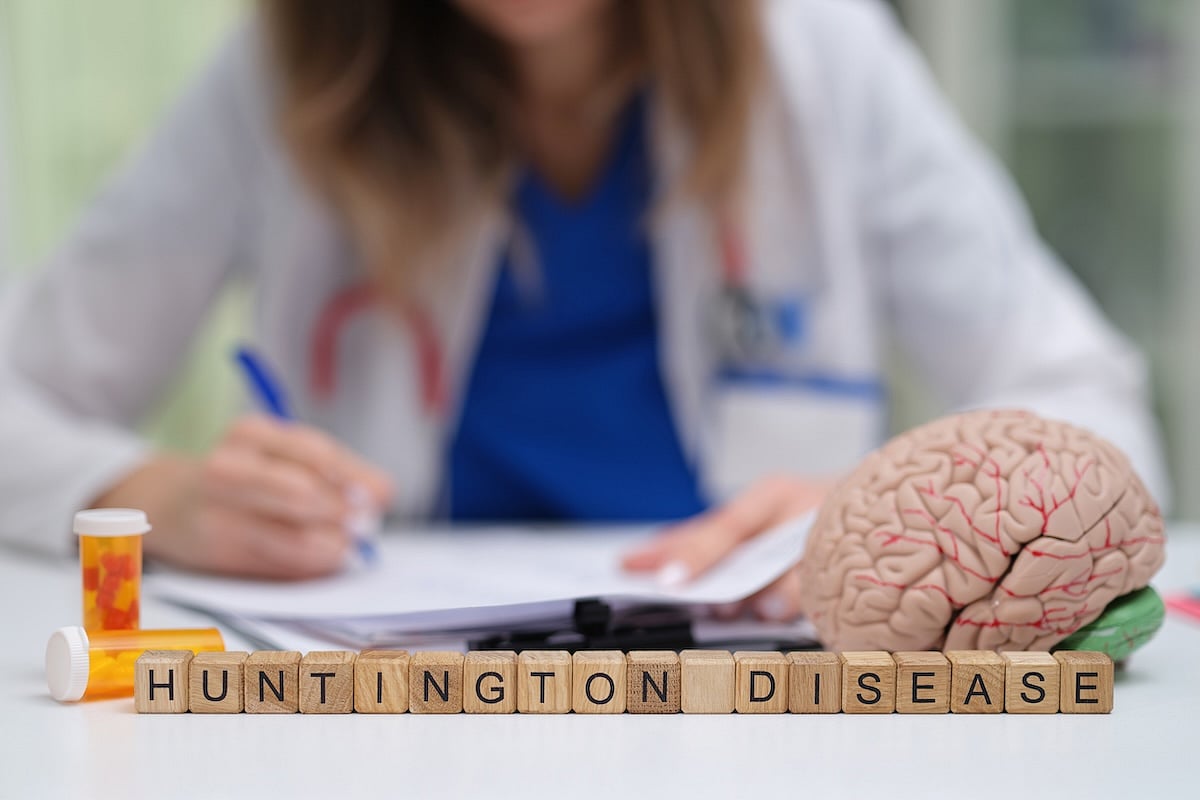Manténgase sano!

- Posted September 26, 2025
Gene Therapy Slows Huntington’s Disease in Early Trial
A new gene therapy has shown promise in slowing the progression of Huntington’s disease, according to early trial results released Wednesday.
In a Phase 1/2 study, patients given a high dose of UniQure’s experimental therapy AMT-130 experienced a 75% slowing of disease progression after three years, the company said. The therapy also reduced levels of a key marker of brain damage — neurofilament light protein in spinal fluid — by an average of 8.2%.
"These findings reinforce our conviction that AMT-130 has the potential to fundamentally transform the treatment landscape for Huntington’s disease," Dr. Walid Abi-Saab, chief medical officer at UniQure, told CNN.
The trial, run in partnership with University College London, included 29 patients treated with either a high or low dose of AMT-130 and followed for 36 months.
The treatment was delivered surgically by injecting the therapy directly into the brain’s striatum, an area most affected by Huntington’s.
Most side effects were linked to the surgical procedure and resolved, the company reported.
The findings have not yet been peer-reviewed or published in a medical journal and should be regarded as preliminary.
Huntington’s disease is a rare genetic condition most common among people of European ancestry.
It damages nerve cells in the brain, leading to movement problems, cognitive decline and changes in mood and behavior. There is currently no cure, but treatments can manage some symptoms.
Amy Gray of the Huntington’s Disease Society of America (HDSA) remained cautious but hopeful after reviewing the study findings.
“For the approximate 42,000 Americans and their families living with Huntington’s disease, this is a truly transformative development,” Gray, who was not involved in the research, said in an email to CNN.
“For decades, there have been no therapies to slow disease progression — only treatments to manage symptoms,” she added. “While there is still a path to approval through the FDA, this data brings us closer than ever to a future where we can change the course of Huntington’s disease.”
UniQure said it plans to submit its findings to the U.S. Food and Drug Administration (FDA) in early 2026. If approved, AMT-130 could become the first treatment for Huntington’s.
Outside experts said more research is needed, noting the trial was small and relied partly on existing patient data rather than a full placebo-controlled group.
Still, David Rubinsztein of the Cambridge Institute for Medical Research called the results “very promising” and “exciting," CNN reported.
More information
The Mayo Clinic has more on Huntington's.
SOURCE: CNN, Sept. 24, 2025





